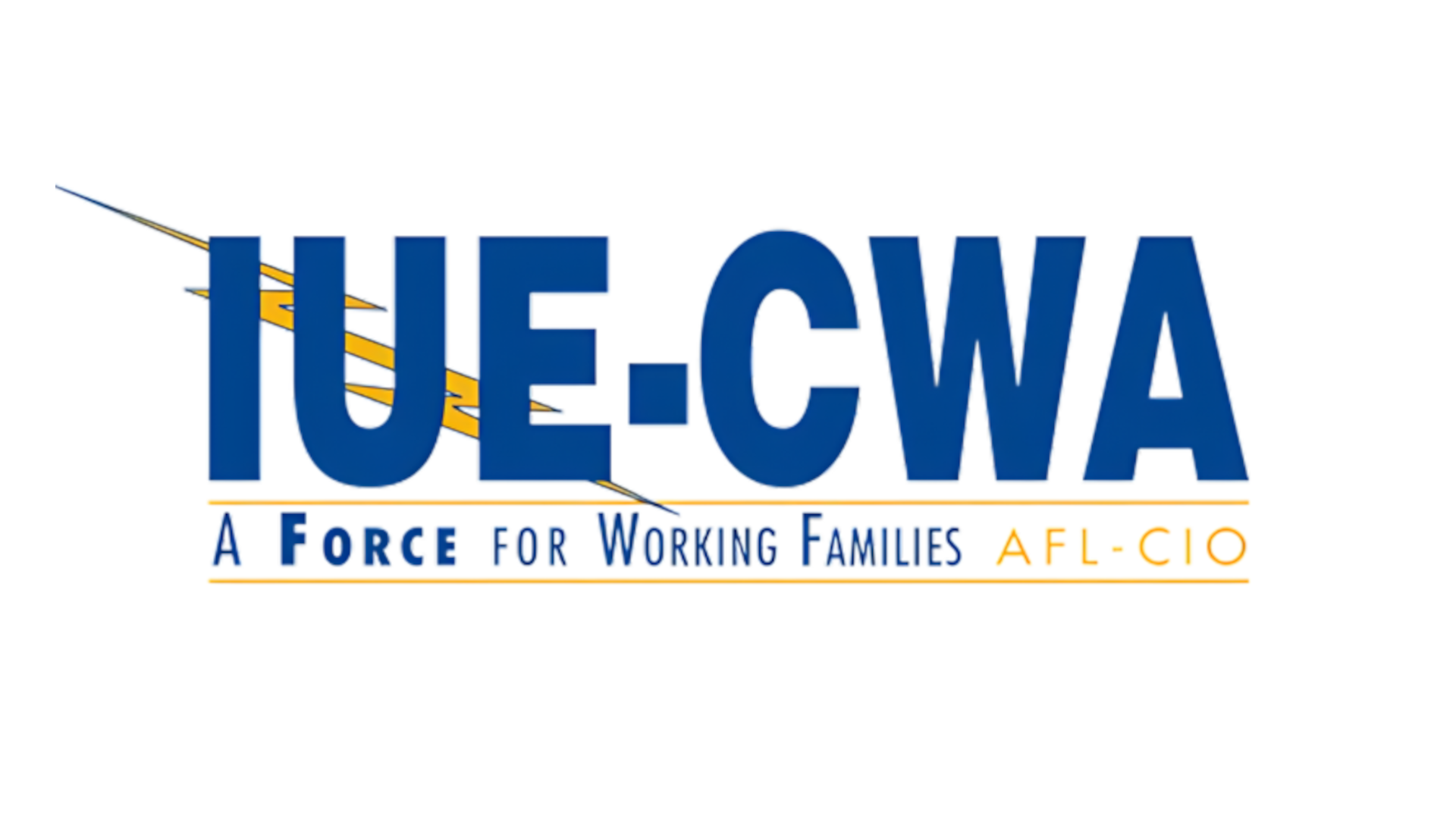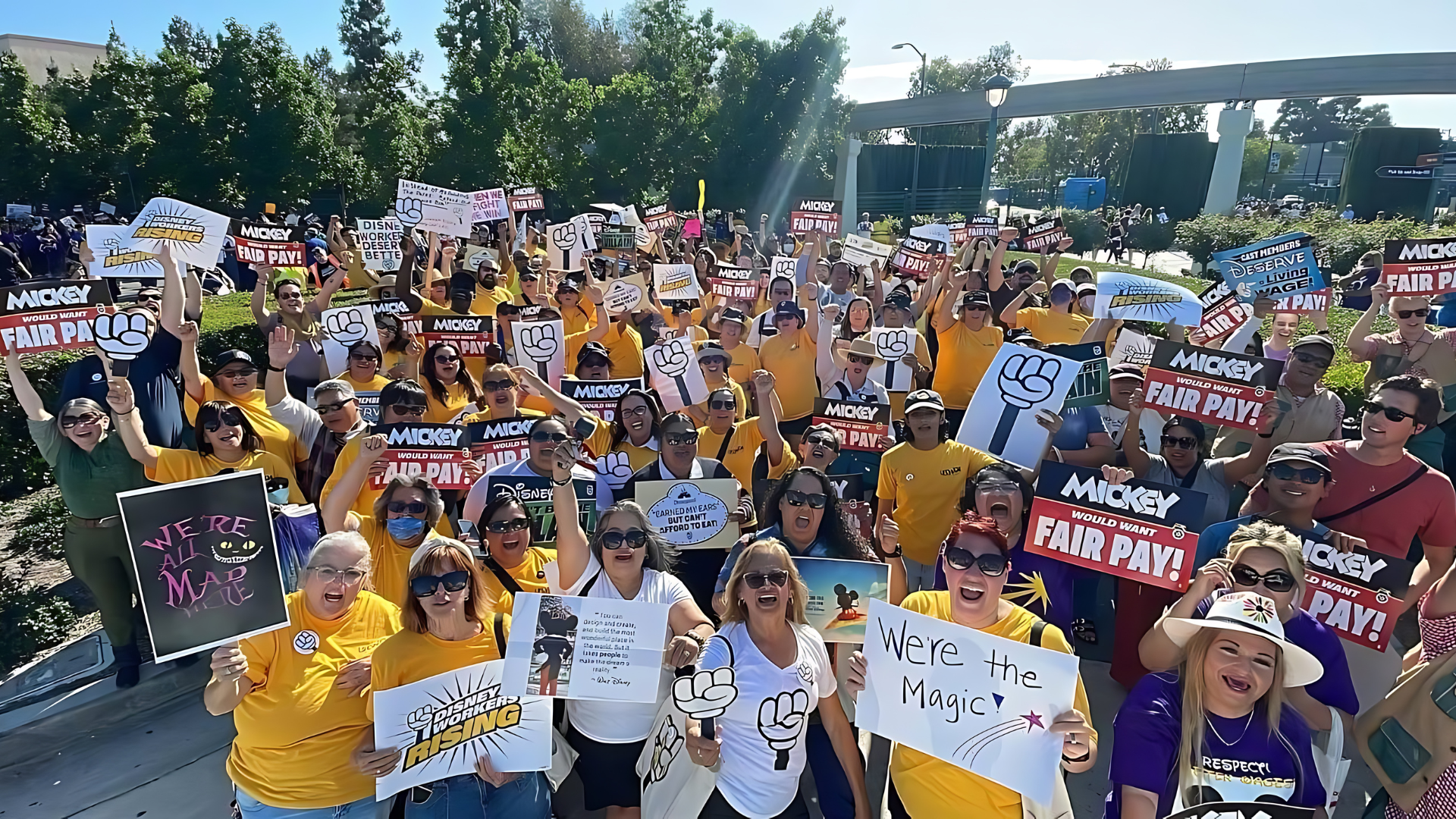Originally published in Labor Today
ANNISTON, AL—Workers at an Alabama electric bus plant pulled off a major victory by unionizing and inked a new contract with significant pay raises. Roughly 600 workers at the New Flyer factory formed a union with the International United Electrical Workers – Communications Workers of America (IUE-CWA) earlier this year, joining a string of US organizing victories at its parent NFI Group Inc., North America’s biggest manufacturer of transit buses. The contract ratified in May, will raise most employees’ pay by 25% to 38% by 2026, according to IUE-CWA. The contract also restricts forced overtime and expands paid time off to include more parental leave and a Juneteenth holiday.
“It’s a great thing for everyone in the state of Alabama because we’re not behind anymore — we’re moving forward,” said NFI employee Ryan Masters, a member of the organizing committee for the Anniston plant. “It is going to change my whole entire life.” Unions are now succeeding at the company in large part because NFI, after a lengthy battle, agreed not to oppose them.
The contract comes amid an ambitious push by the United Auto Workers Union (UAW) to organize foreign carmakers’ southern plants and reverse decades of membership decline.
NFI workers and organizers hope their victory will help boost such organizing efforts. “We’d like to set the tone that just because this is Alabama, you can’t pay us pennies,” said William Hunt, a member of CWA’s bargaining committee. It’s also a win in labor’s campaign to guarantee job quality in the transition to a greener economy.
Waves of unionization at NFI plants were the result of a years-long campaign by workers, labor advocates, and progressive non-profits, including Jobs to Move America (JMA). Pushing NFI with settlements promising various workplace changes. Including avenues for handling discrimination complaints and working with nonprofits to boost hiring from marginalized groups. NFI also agreed to not campaign against unions at its seven unorganized US plants. Instead, it would recognize unions and engage in collective bargaining.
This time, “we didn’t have to sit through all that crap, so it made it easier for everyone to decide on their own what they wanted,” said Masters, who’s worked at the plant for 10 years. On January 31, a local pastor counted union cards and determined the majority of the workforce had signed up with the union.




